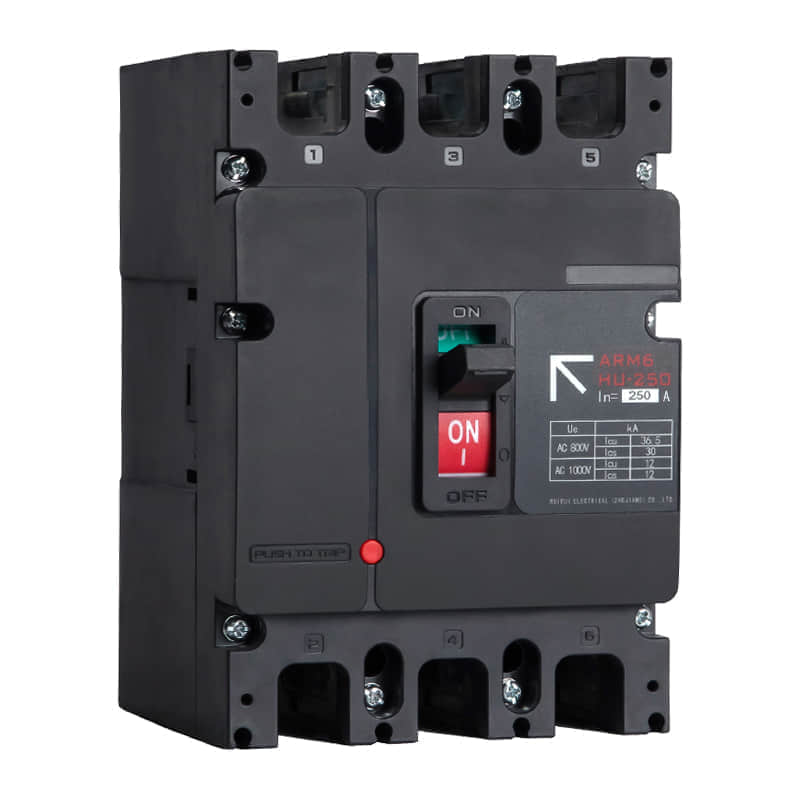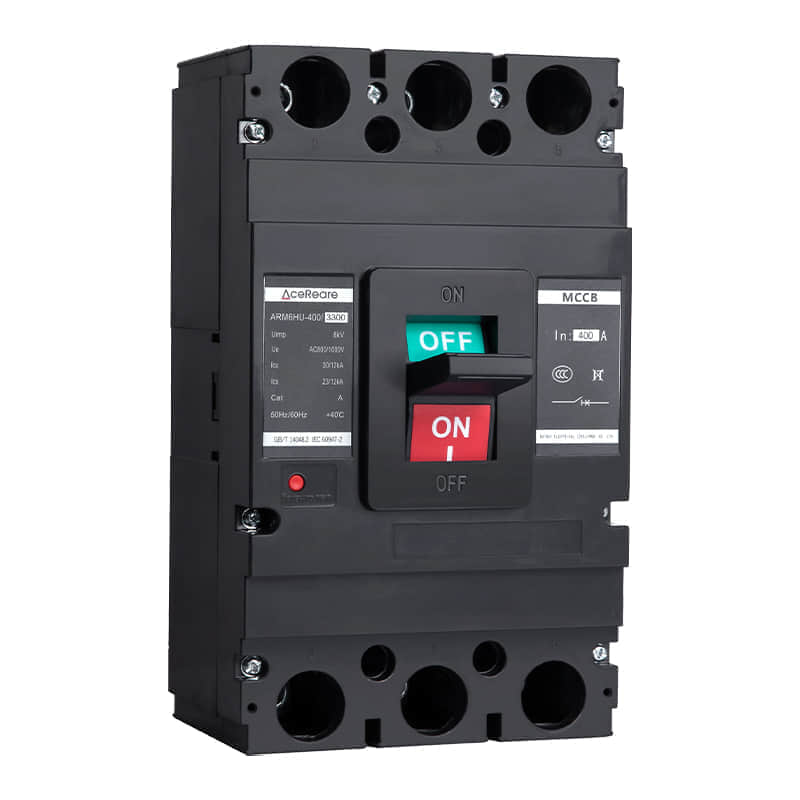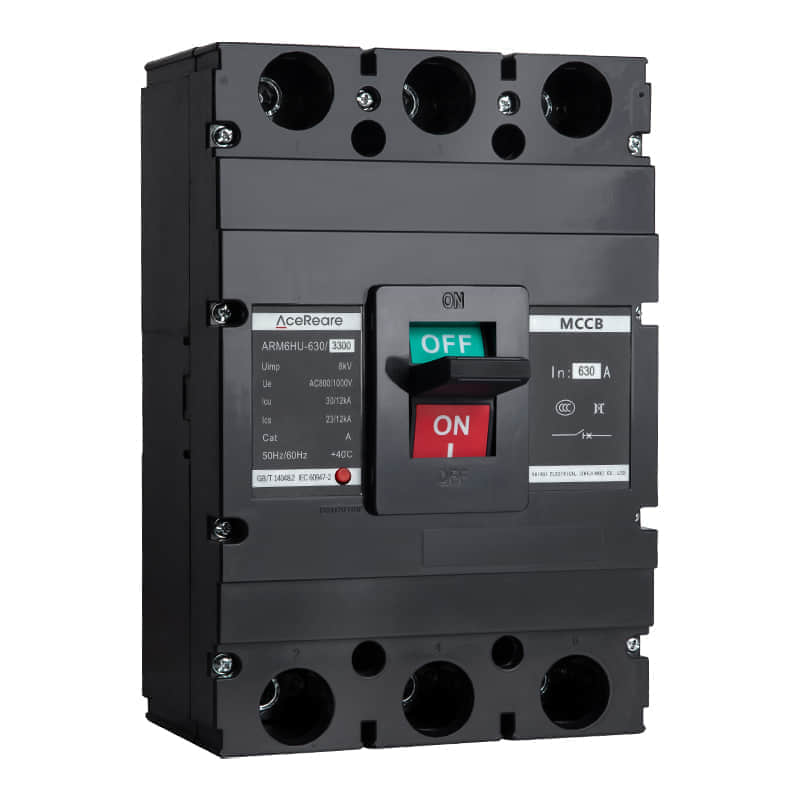Molded case switches, a vital component of electrical systems, play a significant role in ensuring safety and control in various applications. These switches are designed to protect circuits and equipment, making them an indispensable part of modern infrastructure. In this article, we will delve into the functionality and diverse applications of molded case switches.

Functionality

Molded case switches are automatic switches that provide protection against overcurrent and short circuits. They consist of a molded insulating housing that contains the switching mechanism and protection elements. The primary function of these switches is to interrupt the current flow in a circuit when abnormal conditions, such as overloads or short circuits, occur. This action prevents damage to equipment and helps in avoiding hazards like electrical fires. The switch’s design incorporates a thermal-magnetic trip unit, which reacts to both overloads and short circuits. Overload protection relies on the thermal element, which responds to prolonged current levels above the switch’s rating. On the other hand, short circuit protection is managed by the magnetic element, which rapidly trips the switch when a high current surge is detected. This dual protection mechanism ensures reliable performance in a variety of scenarios. Applications Industrial Settings: Molded case switches are extensively used in industrial applications to safeguard machinery and equipment. They are employed in manufacturing facilities to protect motors, conveyors, pumps, and other critical systems from overloads and short circuits. The switches’ robust construction and ability to handle high current levels make them a preferred choice in demanding industrial environments. Commercial Buildings: In commercial buildings, molded case switches are used in distribution panels to protect electrical circuits powering lighting, heating, cooling, and various appliances. They are essential to prevent electrical fires and ensure the smooth operation of the building’s electrical systems. Residential Installations: Homes rely on molded case switches to provide protection for branch circuits. These switches are often found in circuit breaker panels, guarding against overloads caused by multiple devices connected to the same circuit. This application ensures the safety of residents and their property. Renewable Energy Systems: Molded case switches are crucial components in renewable energy systems such as solar power installations and wind turbines. They protect the electrical infrastructure from unexpected surges in current, ensuring the longevity of the systems and the safety of maintenance personnel. Data Centers: Data centers house complex equipment with high power requirements. Molded case switches offer reliable protection against overcurrent situations that could disrupt critical operations. Their ability to handle high current levels makes them suitable for these energy-intensive environments. Marine and Transportation: Molded case switches find applications in maritime and transportation settings. They are used in ships, trains, and other vehicles to safeguard electrical systems from overloads and short circuits, contributing to the safety of passengers and crew. In conclusion, molded case switches are integral components of electrical systems across various sectors. Their capability to protect against overcurrents and short circuits ensures the safety of equipment, personnel, and property. Whether in industrial, commercial, residential, or specialized applications like renewable energy or transportation, molded case switches play a pivotal role in maintaining reliable and secure electrical infrastructure.
